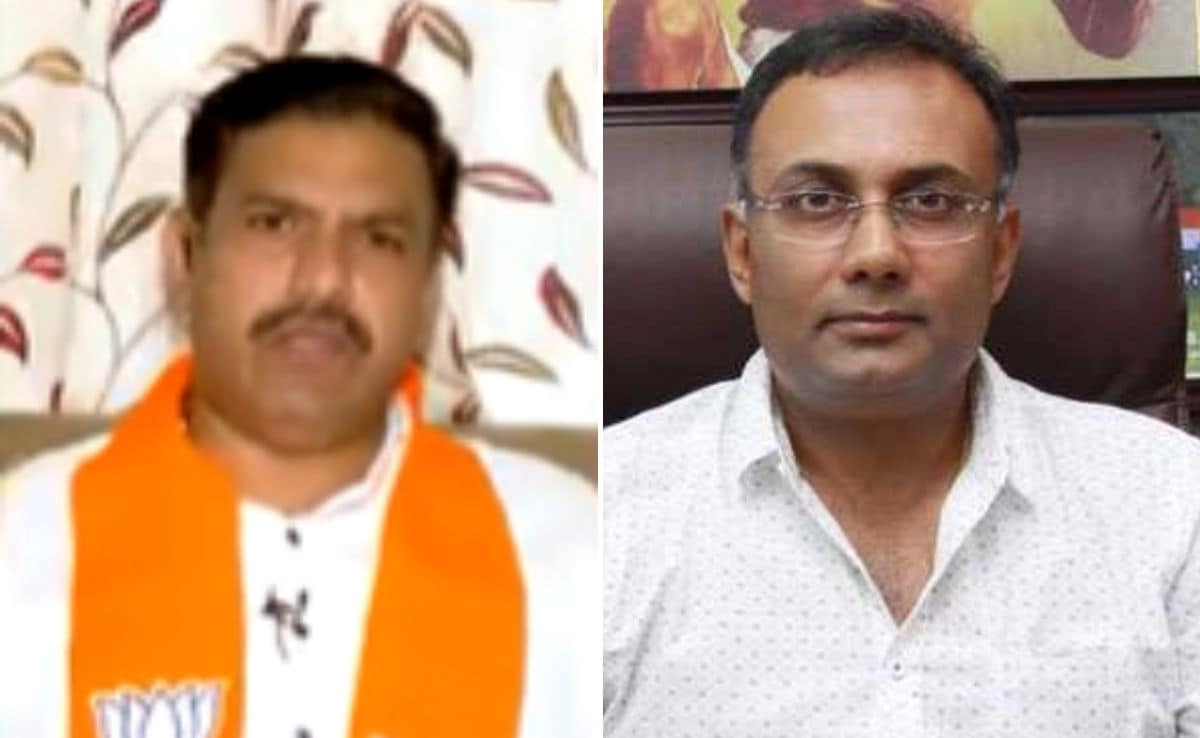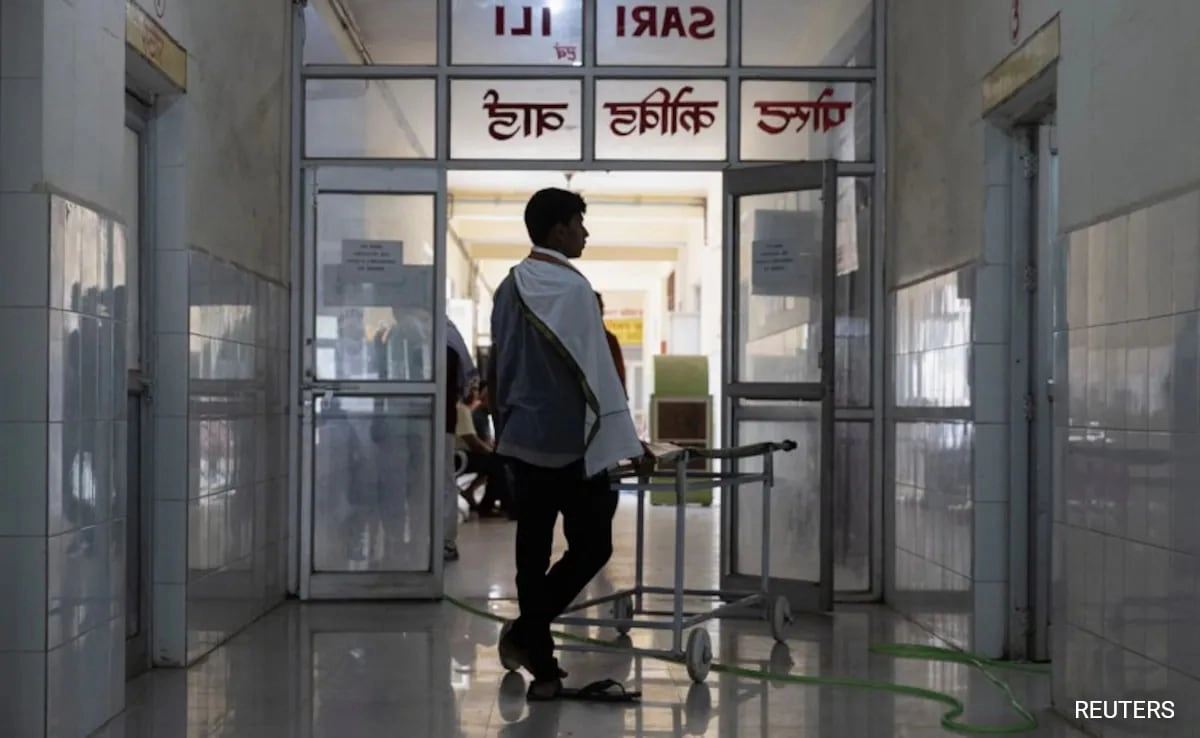The ongoing controversy surrounding the Dharmasthala temple in Karnataka has sparked a fierce political battle between the Bharatiya Janata Party (BJP) and the Indian National Congress. Both parties have seized upon the situation to gain political mileage, framing their narratives to resonate with their respective voter bases. The Dharmasthala temple, known for its communal harmony and inclusivity, has become a focal point for discussions about religion, politics, and social unity in the region. The BJP has positioned itself as the defender of Hindu values, attempting to leverage the temple’s significance to reinforce its image as a party committed to preserving cultural heritage. In contrast, the Congress party has criticized the BJP’s approach, accusing it of using religious sentiments for electoral gains rather than genuinely addressing community needs.
The BJP’s strategy reflects a broader trend in Indian politics, where religious symbols and institutions are often employed to galvanize support among the Hindu electorate. By highlighting their association with the Dharmasthala temple, the BJP aims to consolidate their voter base, framing their narrative around nationalism and cultural pride. This tactic, however, has drawn ire from the Congress, which argues that the BJP is exploiting religious sentiments for political expediency. The Congress party has called for a more secular approach to governance, emphasizing the importance of maintaining communal harmony and respect for all religions in a diverse society like India.
The Dharmasthala row also raises broader questions about the intersection of politics and religion in India. As both parties vie for control over the narrative, the risks of deepening divisions within society become apparent. The Congress party’s critique of the BJP’s tactics underscores a fundamental ideological divide in Indian politics, where the former advocates for secularism and pluralism, while the latter leans toward a majoritarian agenda. This schism not only shapes the political landscape but also influences public perception and community relations across the country. Ultimately, the Dharmasthala controversy exemplifies how religious sites can become battlegrounds for political ideologies, reflecting a complex interplay between faith, identity, and power in contemporary India.
As the situation unfolds, it remains to be seen how this conflict will impact upcoming elections and the broader political discourse in the country. The manipulation of religious sentiments for political ends may yield short-term gains for the parties involved, but it risks alienating segments of the population who seek a more inclusive and harmonious society. The challenge lies in navigating these sensitive issues while fostering a sense of unity among diverse communities. The Dharmasthala row is not just a local issue; it echoes a larger narrative in Indian politics, where the balance between secular governance and religious identity continues to be a contentious point of debate.




